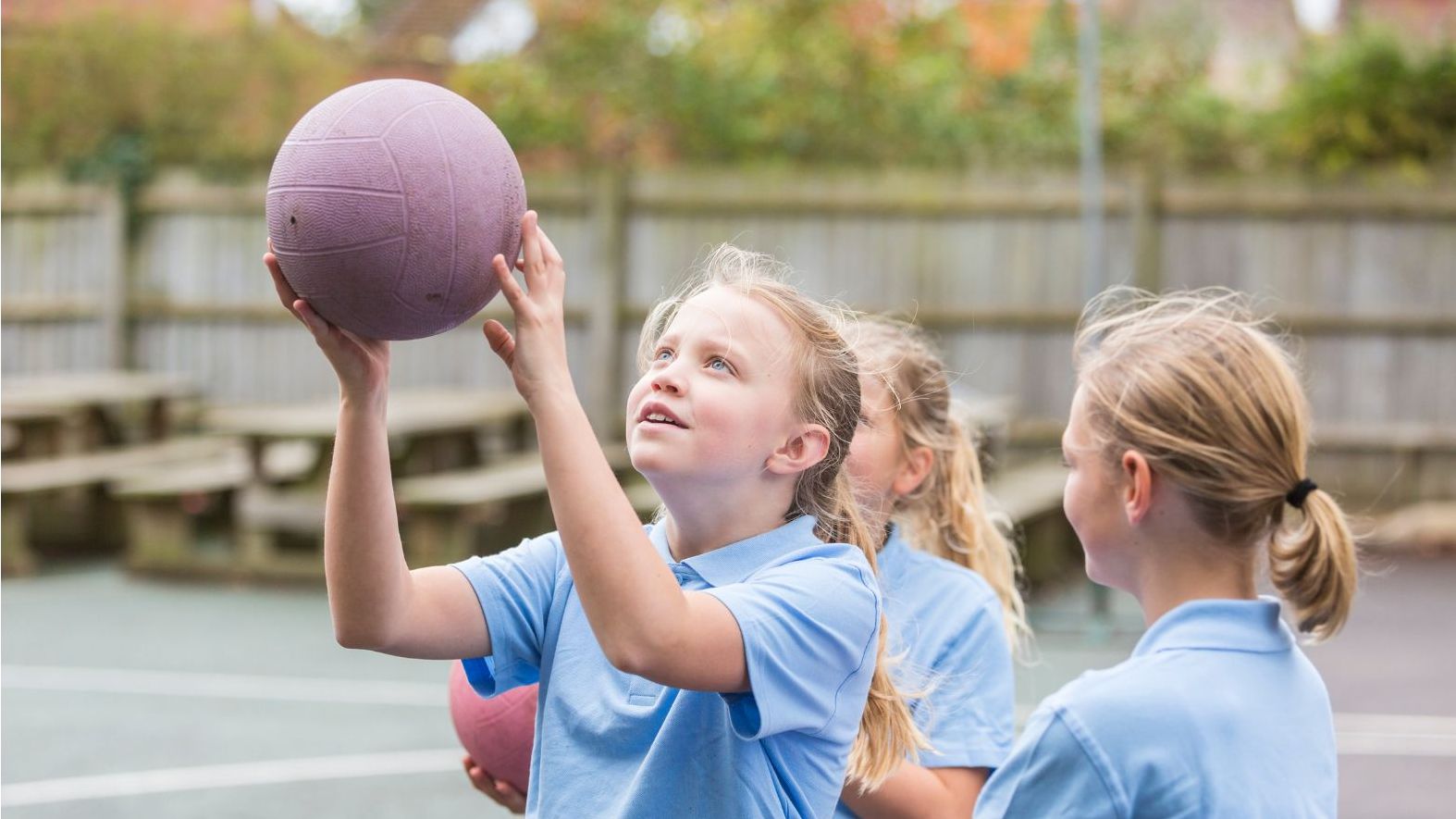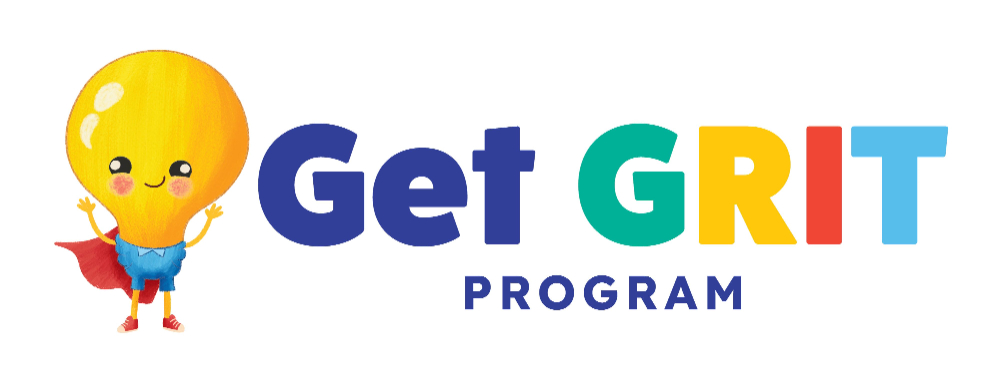
Helping Children Handle Disappointment in Sport and Play
Jun 09, 2025Supportive strategies for turning tricky moments into teachable ones
Disappointment is a part of life—and for children, sport and play are often the first places they encounter it. Whether it’s losing a game, missing a goal, not being picked for a team, or feeling left out during playtime, these moments can feel overwhelming. But with the right support, they can become powerful opportunities for learning and growth.
As a coach of my daughter’s netball team, I often witness firsthand how emotional sport can be for young children. Whether it’s missing a shot, losing a game, or feeling left out, these experiences—though tough—can offer valuable opportunities to teach resilience, empathy, and emotional regulation. This blog will explore practical ways to support children through disappointment and help them bounce back stronger.
Here are some strategies that can help turn tricky moments into teachable ones:
🎧 1. Validate First—Then Guide
Before jumping into advice, take time to acknowledge your child’s feelings:
💬 “I can see you’re really disappointed. That must feel hard.”
This helps children feel seen and safe, which opens the door for helpful conversations.
🧠 2. Use the Magic Triangle
Teach kids that their thoughts, feelings, and actions are all connected.
Thinking “I’m terrible at netball” can make them feel hopeless and give up. But shifting to “I didn’t play my best today, but I’ll keep trying” builds resilience and hope.
🗣 3. Model Resilient Thinking
Share your own setbacks and how you bounced back.
💬 “When I was your age, I missed out on a team I really wanted to be on. I felt upset, but I kept practising and tried again the next year.”
Stories like these help kids see that challenges are normal and can be overcome.
💪 4. Focus on Effort, Not Outcome
Praise what matters most—effort, teamwork, and sportsmanship:
✅ “You didn’t give up.”
✅ “You worked hard the whole game.”
✅ “You encouraged your teammates.”
This builds intrinsic motivation and confidence.
🌈 5. Practise Helpful 'Go' Thoughts
Help kids catch unhelpful “stop” thoughts and replace them with encouraging “go” thoughts:
🟥 Stop Thought: “I’m no good at this.”
🟩 Go Thought: “I’m still learning, and I’ll get better with practice.”
Mantras like “I can handle this” or “Keep trying!” build inner strength.
🌱 6. Reframe the Loss
After the game, talk about what went well or what they learned:
💬 “What was one moment you felt proud of?”
💬 “What would you like to try differently next time?”
This promotes a growth mindset and helps children see failure as part of learning.
🤝 7. Teach Kindness to Self and Others
Disappointment can lead to blaming others or harsh self-talk.
💬 “It’s okay to feel upset, but let’s also be kind to ourselves and others.”
Teaching empathy and self-compassion helps children grow emotionally strong and socially aware.
💬 In Summary
Sport and play are full of ups and downs, but every challenging moment can become a stepping stone to resilience. As parents, carers, and educators, we have the opportunity to guide children with empathy, encouragement, and tools they can carry for life.

